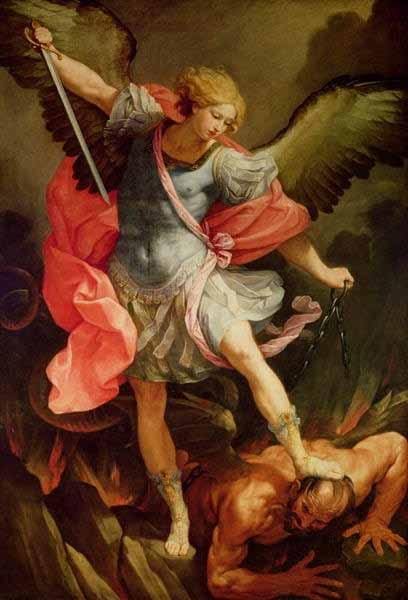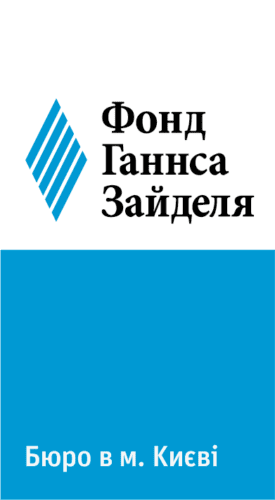On November 7, the host of the Vesti Nedeli program, Dmitry Kiselev, read out an ideologically charged text on the 200th anniversary of the birth of Fyodor Dostoevsky (11.11.1821 – 09.02.1881) with penguin-like contempt. He read it out, because the meanings proclaimed in the program clearly exceeded his competence.
First, there was an ironic summary based on Dostoevsky’s statements about the perception of Russians by Europeans as special people, supposedly similar to them and, at the same time, barbarians. The text was naturally emphatic: “The West has always been hostile to Russia, as it was then and as it is today. After that, Kiselev began to reveal the basic concept of what the Russian world is. “According to Dostoevsky,” the host emphasized, “Russianness is not so much about blood as it is about the ability to feel and perceive the culture of other nations. Thus, in a speech dedicated to the unveiling of the monument to Pushkin in Moscow, Dostoevsky, he continued, had to prove that Pushkin’s Ethiopian roots did not contradict his Russianness: “To become a true Russian, to become fully Russian, perhaps, only means (in the end, write this down) to become a brother of all men, a universal man, if you will.”
This thesis, if taken literally, breaks with all the templates of past or present ideas about Russian chauvinism. The viewer gets the impression that this kind of political thinking is the pinnacle of global humanism. Russia is the City of Heaven, and the Russian people are the “God-bearers.” We are witnessing a rather professional attempt to build an imperial conservative ideology based not on force but on the principles of Christian morality. Everything looks quite convincing, of course, if we take these postulates on faith, out of the historical context. When the formed ideological concept is placed in a historical context, the glossy, onion-like picture of “humane Russianness” crumbles to dust. For Dostoevsky’s geopolitical visions of the ultimate need to conquer Constantinople and move the capital of the Russian Empire there immediately come to mind. To conquer, despite the blood, violence, and ruins that would necessarily accompany such actions. For this, they say, is the allegedly universal mission of the Russians to restore historical justice, which was trampled on by infidels five hundred years ago.
It is paradoxical that whatever the Russians build, whether socialism, communism, or conservatism, they always end up with condensed totalitarianism. They think and talk about Paradise, but build Hell. With hundreds of thousands of dog-heads-police officers, guards, executioners. Who perform their work with a sense of their own election, correctness and truthfulness, with a sense of “brotherly love for all people.” In fact, there is nothing new here; the policy of “brotherhood of the three Slavic peoples” was built on this distorted hybrid ideology. Ukrainians, according to its postulates, must recognize that they are enslaved to their older Russian brother, and those who disagree must be destroyed as non-humans, Banderites. Of course, for the sake of establishing something higher, brighter, more humane, more just. As for Peter the Great, Lenin, Stalin, and Putin, everything is clear, but with figures like Dostoevsky, it is much more complicated. It is surprising that the philosophically penetrating, culturally sophisticated mind of the talented writer did not see, or did not want to see (the temptation of pride), either a logical or moral contradiction in his proclaimed theses, when he mixed humanism with imperial violence into one essence.
At the same time, it must be recognized that Dostoevsky is undoubtedly a brilliant writer, without any conventions or reservations. His unique talent manifested itself not only in the depiction of colorful artistic images, complex storylines, or the disclosure of the paradoxical depths of the cultural background, although all of these are undoubtedly present in his works, but, most importantly, some of his judgments were characterized by irrational insight, the ability to tear the fabric of existence and enter into what ordinary people are not able to penetrate, into the future. It’s amazing.
When I carefully read Dostoevsky’s main work, The Brothers Karamazov, at a fairly mature age, I was so impressed and enthusiastic that I studied a number of other critical reports about the author himself, from Konstantin Leontyev and Vasily Rozanov to Ivan Ilyin. Of course, he did not ignore Dostoevsky’s liberal critics.
The semantic center of the main novel The Brothers Karamazov is the chapter entitled The Legend of the Grand Inquisitor, which some literary critics also call a novel within a novel. In this chapter, Dostoevsky acts not only as a writer but also as a religious philosopher who, starting from the three temptations of Christ in the desert, tries to reveal the essence of man in the process of social change.
This is a special episode in the life of Jesus Christ, when, after his baptism in the Jordan and the descent of the Holy Spirit, he learns about his Mission on Earth; but before he begins to realize it, Christ retires to the Sinai desert to pray, to gather himself, to be confirmed. He is still defenseless, vulnerable, and has yet to become the person we all know – our Savior. It is at this point that the Prince of Darkness approaches him and tries to tempt him, to lead him astray. It should be noted that in the Gospels this is reported in a lapidary manner, although figuratively and expressively, but in Dostoevsky’s work the Devil seems to come to life, appearing before the readers in all his cosmic stature, as absolute evil, as another, pulsating alternative for humanity in relation to Christ. An alternative that is currently being realized through the temptation of bread, power, and pride. An alternative that Dostoevsky sees in the then newfangled socialism. Dostoevsky’s great work is one of the unique attempts in world literature to get to the very foundations of its inferiority and falsity. Moreover, in his diaries, Dostoevsky explicitly states that socialism in Russia will end in a bloody massacre for millions of people.
It should be emphasized that the Kremlin’s current attempt to build an imperial ideology based on conservative principles, in particular those present in the works of Fyodor Dostoevsky, automatically places it under the cognitive criticism applied by the thinker to socialism and liberalism. Conservatism, embedded in the body of Russian imperialism, ceases to be itself, transforming into a kind of Russian fascism.
Today, we are witnessing the Great Russian Deception and Self-Deception unfold before our eyes, a new attempt to revive a dead house. A house with rotten walls and a leaky roof – the Russian Empire. The tower of Babel is bound to fall, covering its fussy and reckless inhabitants with rubble. Of course, to the universal joy of its terrorized neighbors. “For with the measure you use, it will be measured back to you.” Steadily.
Author: Oleksandr Tkachuk, First Deputy Head of the Ukrainian Helsinki Union Veterans’ Association




